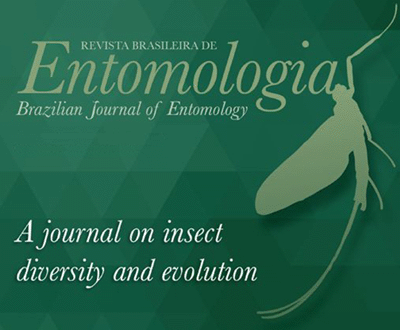In short space of time increase in temperature and rainfall can affect vector populations and, consequently, the diseases for them transmitted. The present study analyzed the effect of small temperature and humidity variations on the fecundity, fertility and survival of Aedes aegypti. These parameters were analyzed using individual females at temperatures ranging from 23 to 27 °C (mean 25 °C); 28 to 32 °C (mean 30 °C) and 33 to 37 °C (mean 35 ºC) associated to 60±8% and 80±6% relative humidity. Females responded to an increase in temperature by reducing egg production, oviposition time and changing oviposition patterns. At 25 ºC and 80% relative humidity, females survived two-fold more and produced 40% more eggs when compared to those kept at 35 ºC and 80% relative humidity. However, in 45% of females kept at 35 ºC and 60% relative humidity oviposition was inhibited and only 15% females laid more than 100 eggs, suggesting that the intensity of the temperature effect was influenced by humidity. Gradual reductions in egg fertility at 60% relative humidity were observed with the increase in temperature, although such effect was not found in the 80% relative humidity at 25 º C and 30 º C. These results suggest that the reduction in population densities recorded in tropical areas during seasons when temperatures reach over 35 ºC is likely to be strongly influenced by temperature and humidity, with a negative effect on several aspects of mosquito biology.
Climate changes; dengue; fecundity; fertility; mosquito




